You have not yet added any article to your bookmarks!

Join 10k+ people to get notified about new posts, news and tips.
Do not worry we don't spam!
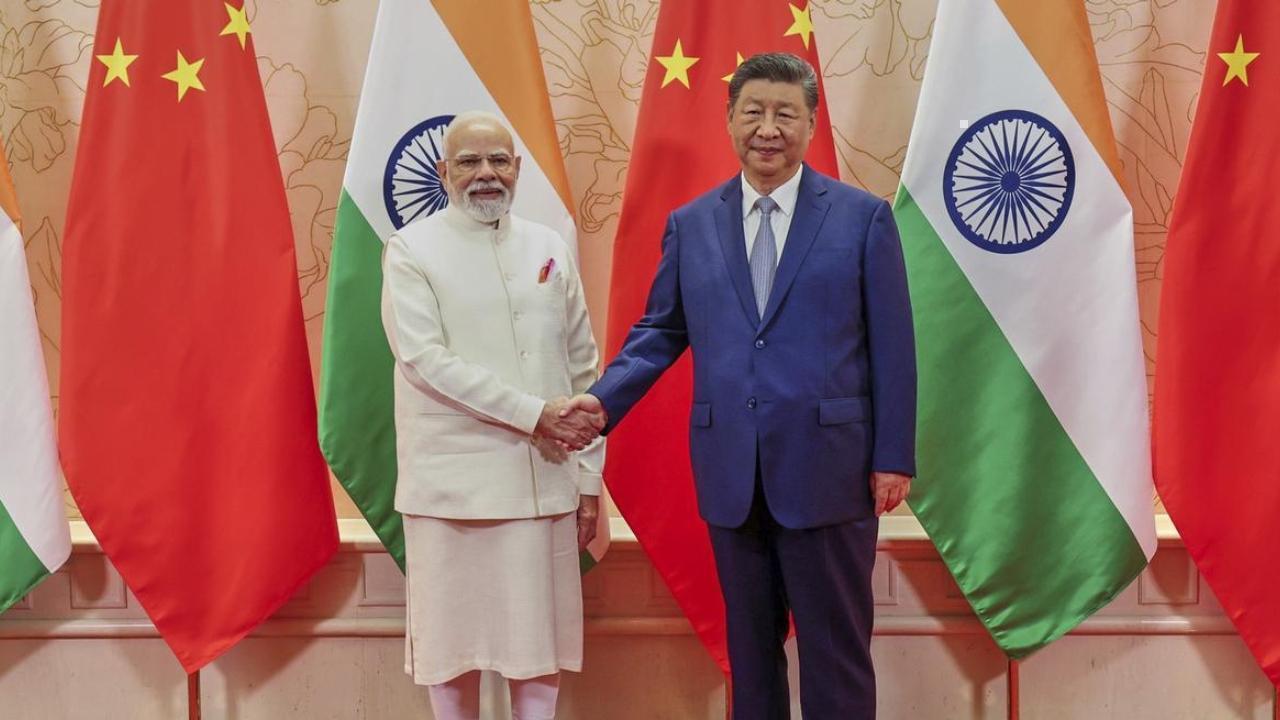
Post by : Anis Farhan
Photo: AFP
Prime Minister Narendra Modi’s recent participation in the Shanghai Cooperation Organisation (SCO) summit has drawn significant attention from political analysts, diplomats, and global observers alike. The meeting, which brought together leaders from major Asian powers including China, Russia, and Central Asian states, underscored the importance of India’s voice in a rapidly changing geopolitical environment. For India, this visit was more than a symbolic appearance; it represented a deliberate recalibration of its strategic alignment amid shifting global balances.
As tensions rise in regions across the world, from the Russia-Ukraine conflict to escalating U.S.–China competition, India’s approach to multilateral forums like the SCO has taken on renewed significance. The country stands at the crossroads of economic ambitions, regional security concerns, and the pressing need to preserve strategic autonomy. Modi’s presence at the SCO sent a message that India intends to remain a proactive player in shaping Asian security, trade, and connectivity frameworks, even as it nurtures close ties with the West.
India’s participation in the SCO is a classic example of pragmatic diplomacy. Although it joined the bloc relatively late in 2017, the country has steadily used the platform to advance its interests. Modi’s recent visit showed India’s determination to keep multiple options open while engaging with rivals and partners alike.
The SCO, founded by China, Russia, and Central Asian nations, has traditionally focused on security cooperation, counterterrorism, and regional stability. For India, these areas resonate strongly given its long-standing concerns about cross-border terrorism, energy security, and the rise of new regional alignments. Modi’s agenda highlighted the importance of building resilient supply chains, improving connectivity, and fostering people-to-people exchanges across Asia.
At the same time, India did not shy away from emphasizing its differences. By raising issues of sovereignty and territorial integrity, Modi reiterated that India will not compromise on its national security priorities, particularly in light of its uneasy ties with China and Pakistan. This balance—engagement without dilution of core interests—was the hallmark of India’s SCO diplomacy.
One of the key takeaways from Modi’s SCO visit is India’s ongoing balancing act between its deepening partnerships with Western democracies and its long-standing presence in Eurasian forums. On the one hand, India has strengthened defense, technology, and trade ties with the United States, Europe, and Japan. On the other hand, the SCO represents a parallel framework where China and Russia wield significant influence.
By actively participating in the SCO, Modi is signaling that India is not ready to place all its bets on a single bloc. Instead, India is choosing a multipolar approach that keeps its options open. This is particularly important in the context of energy security. With Western sanctions tightening on Russia, India has emerged as a major buyer of Russian oil, balancing its economic needs with geopolitical realities. At the SCO, such relationships can be discussed without the constraints often present in Western-led forums.
No discussion about India’s engagement with the SCO is complete without addressing the China factor. India and China share both opportunities and tensions in equal measure. On the one hand, both nations are major economic engines of Asia with vast potential for cooperation in trade, climate change, and regional stability. On the other hand, unresolved border disputes, such as those in Ladakh and Arunachal Pradesh, continue to cast a shadow over their relationship.
During the SCO summit, Modi’s interactions reflected cautious pragmatism. While direct bilateral breakthroughs were not expected, the very act of sharing the stage with China’s leadership was significant. It showed India’s willingness to compartmentalize issues—addressing disputes separately while engaging in multilateral cooperation when necessary. This approach not only avoids isolation but also reinforces India’s stature as a mature diplomatic actor.
Russia remains another key pillar in India’s SCO calculations. Historically, Moscow has been a trusted partner in defense and energy cooperation. Despite global realignments following the Ukraine conflict, India has maintained steady ties with Russia. Within the SCO, this relationship gains further depth as Russia and India share mutual concerns about stability in Central Asia, terrorism, and the evolving role of Western powers in the region.
Modi’s participation reinforced continuity in this partnership. India’s balanced approach—maintaining close defense ties with Russia while expanding partnerships with the U.S.—demonstrates how the SCO allows India to bridge gaps between competing blocs. This dual-track strategy enhances India’s leverage, ensuring that it is not perceived as leaning too far in one direction.
Another critical dimension of Modi’s SCO visit lies in India’s outreach to Central Asia. The region is rich in natural resources, strategically located, and increasingly becoming a focal point of great power competition. For India, access to Central Asia is vital not only for energy but also for building broader connectivity networks that link South Asia with Europe.
The challenge, however, lies in geography. Pakistan blocks India’s direct land route to Central Asia, making alternative corridors essential. In this context, India’s participation in SCO discussions about connectivity projects carries weight. Initiatives such as the International North-South Transport Corridor (INSTC) and the Chabahar Port in Iran were implicitly part of the larger conversation, even if not directly mentioned. Modi’s emphasis on inclusive connectivity highlighted India’s interest in ensuring that these projects do not fall under exclusive Chinese influence through the Belt and Road Initiative.
Terrorism remains one of India’s top security priorities, and the SCO provides a platform to address it at a regional level. The organization’s Regional Anti-Terrorist Structure (RATS) has long been tasked with counterterrorism coordination. Modi’s focus on combating extremism was not only consistent with India’s domestic security agenda but also a subtle reminder to Pakistan about cross-border militancy.
By framing terrorism as a collective challenge, India positioned itself as a responsible regional actor. This approach also helps build common ground with Central Asian nations and Russia, both of whom share deep concerns about extremist movements spilling over from Afghanistan. Modi’s intervention at the SCO thus highlighted India’s role in shaping a shared security framework.
At the core of Modi’s SCO diplomacy is India’s principle of strategic autonomy. Unlike countries that align firmly with one bloc, India continues to pursue a flexible, issue-based approach. Whether it is energy deals with Russia, technology partnerships with the U.S., or infrastructure projects with Japan, India’s foreign policy is characterized by careful balancing.
The SCO visit reaffirmed this philosophy. India is not seeking to tilt entirely toward China or Russia, nor is it abandoning its partnerships with the West. Instead, it is carving out a unique space where it can engage all sides while protecting its national interests. This middle path is not without challenges, but it ensures that India’s global role remains dynamic and independent.
Modi’s SCO participation carries implications that extend beyond Asia. For the global community, it is a signal that India will continue to play a bridging role between East and West. As the world grapples with issues like climate change, supply chain disruptions, and energy transitions, India’s involvement in diverse forums ensures that its perspectives are incorporated into global solutions.
Moreover, India’s active diplomacy underscores its ambition to be seen as a global leader rather than a regional power alone. By engaging with countries across ideological divides, India demonstrates its capacity to contribute meaningfully to multipolarity. In the long run, this positioning could allow India to shape not only Asian but also global governance structures.
While much of the analysis focuses on foreign policy, Modi’s SCO visit also carries domestic implications. At home, the government has sought to project India’s rising international stature as a sign of successful leadership. Participation in high-profile multilateral forums strengthens this narrative.
For the Indian public, Modi’s appearance at the SCO reinforces the idea that India is no longer a peripheral player but a central voice in global affairs. This perception boosts national pride and strengthens the government’s political messaging ahead of key domestic milestones.
Despite the successes of Modi’s SCO visit, challenges remain. India’s uneasy ties with China and Pakistan continue to limit the full potential of the SCO framework. Connectivity projects remain constrained by geography and political rivalry. Furthermore, as global competition between the U.S. and China intensifies, India will face increasing pressure to clarify its alignments.
Balancing these challenges will require nimble diplomacy. India must ensure that its engagement with the SCO does not undermine its growing partnerships with Western democracies. At the same time, it must continue to assert its interests firmly within the organization, particularly on security and sovereignty.
Prime Minister Narendra Modi’s SCO visit was more than a ceremonial engagement—it was a calculated step in India’s broader strategic journey. By participating actively, India reinforced its commitment to multipolar diplomacy, strategic autonomy, and regional stability. The visit showcased India’s ability to balance conflicting interests, engage rivals and allies alike, and project itself as a confident global actor.
As the world enters a period of heightened uncertainty, India’s role will become increasingly pivotal. Modi’s SCO outreach demonstrates that India is ready to shape the narrative, not merely react to it. For a country that aspires to be a leading power of the 21st century, this balanced and pragmatic diplomacy is not just desirable—it is essential.
This article is a journalistic analysis intended for informational purposes. It reflects current events and interpretations based on available reports. It does not represent the official stance of any government or organization.

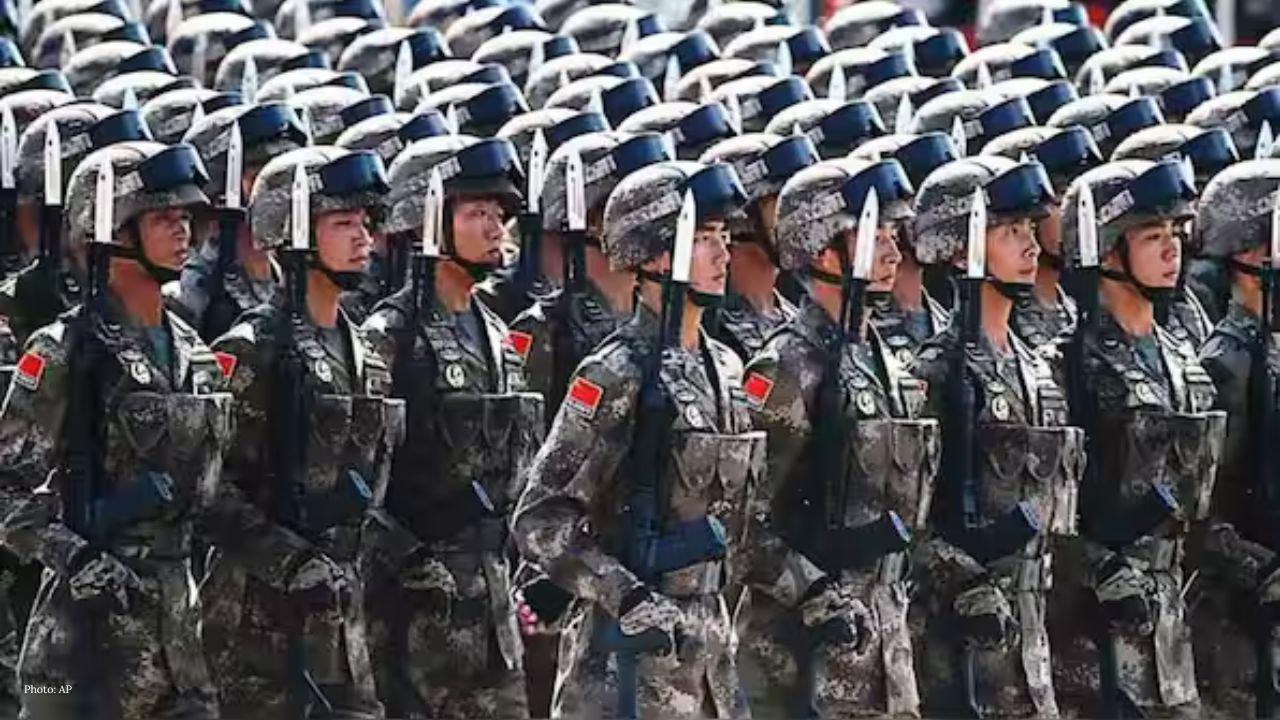


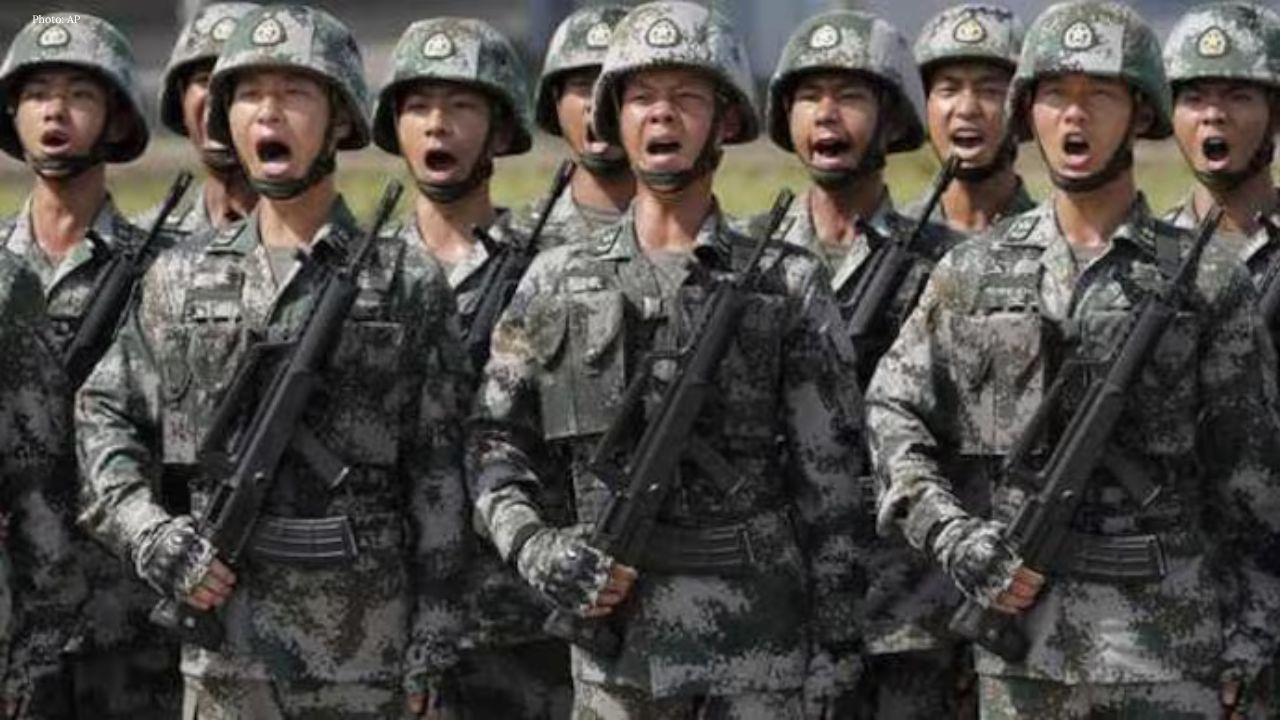

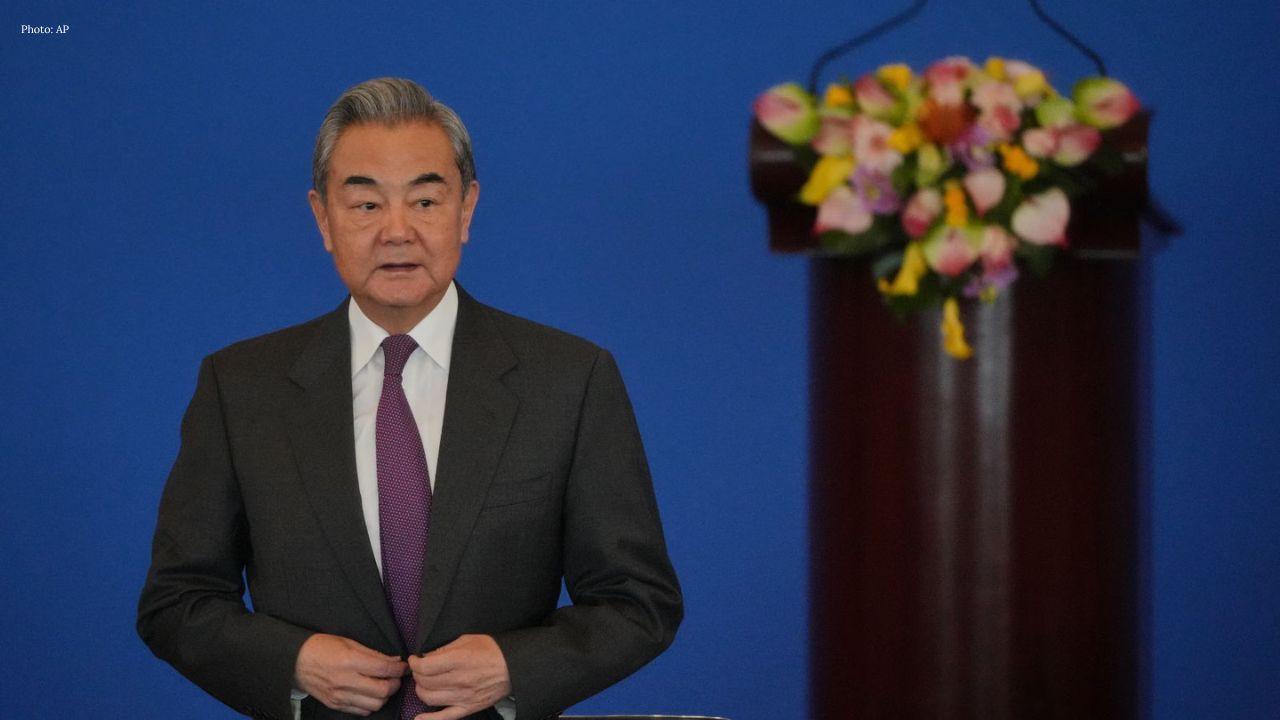
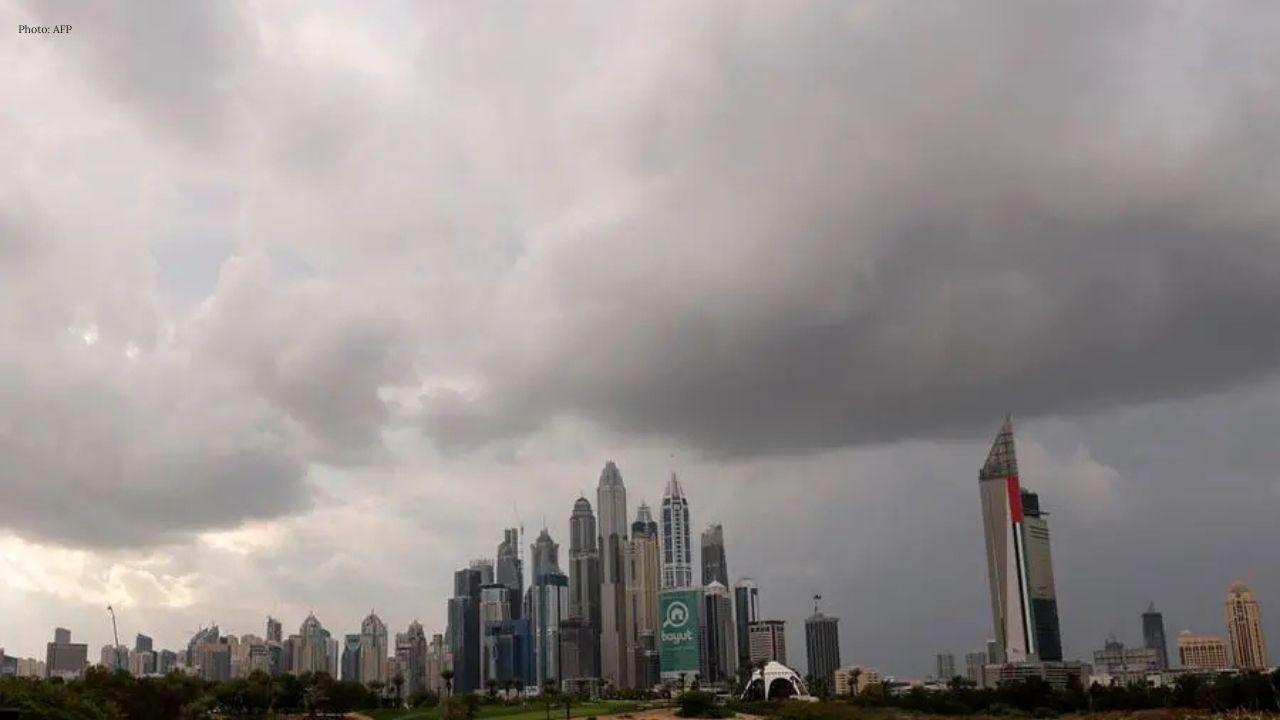


China to Raise Defence Budget by 7% in 2026 Amid Global Tensions
Beijing proposes a 1.91 trillion yuan defence budget for 2026, marking 11th straight year of single-

China Ousts Three Retired Generals from Top Political Advisory Body
CPPCC ousts retired PLA generals ahead of annual Two Sessions as broader anti‑corruption military sh

Japan Jobless Rate Rises to 2.7%
Japan sees first increase in jobless rate in five months as voluntary quits rise and job openings sl

Strong 6.1-Magnitude Earthquake Shakes Indonesia’s Sumatra Island
Tremors felt across region no immediate reports of damage or casualties as authorities monitor seism
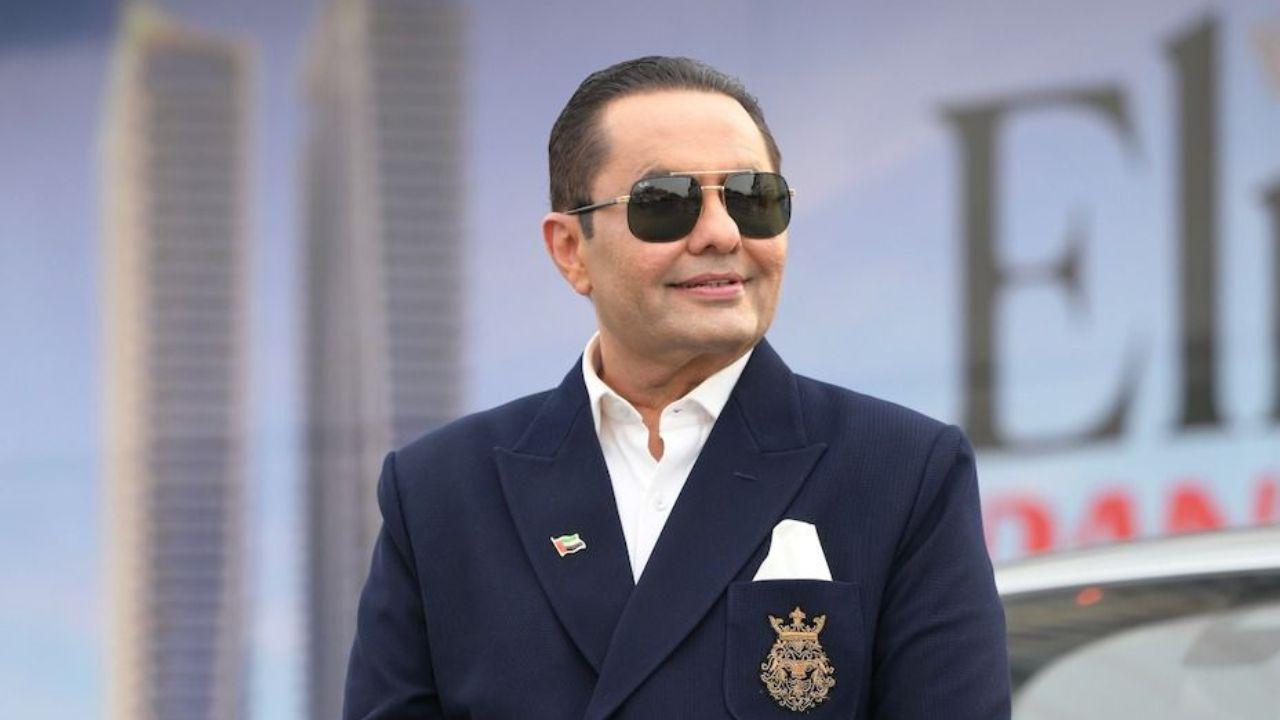
Rizwan Sajan Reaffirms Trust in UAE’s Safety and Growth
Danube Group Chairman Rizwan Sajan assures residents and expatriates of safety in UAE, highlighting
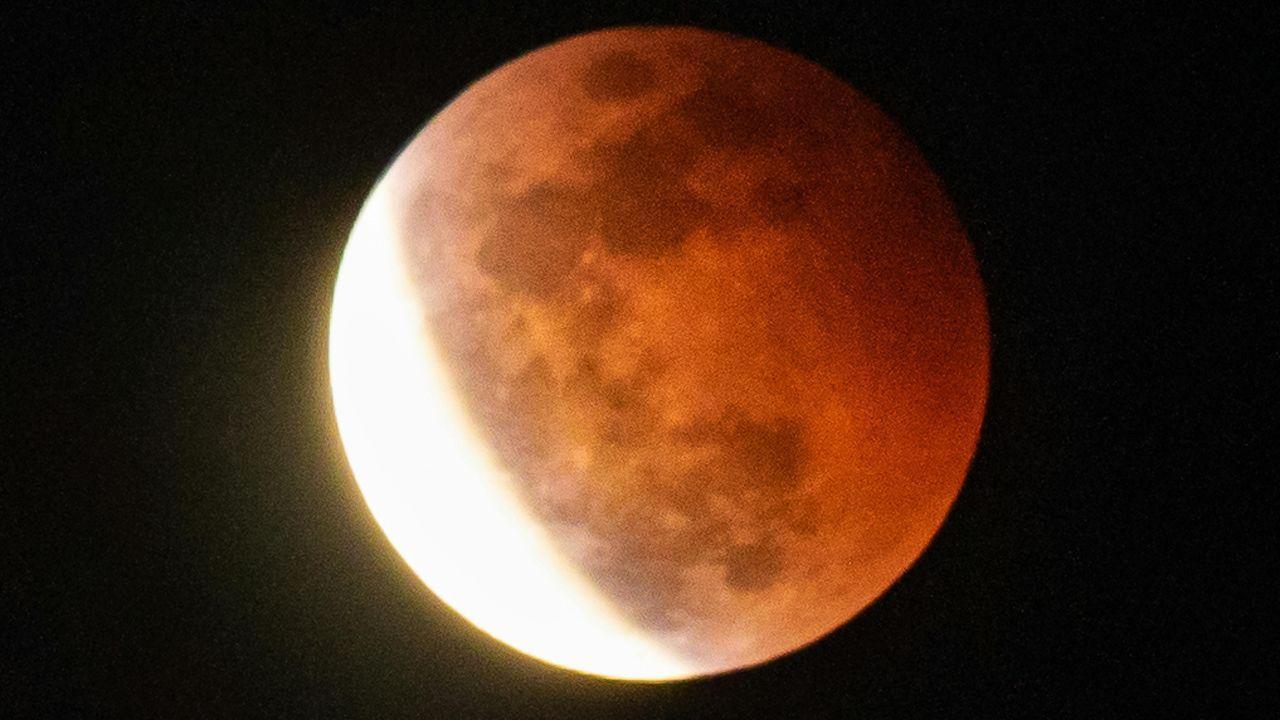
India Witnesses Chandra Grahan Blood Moon Visible in Parts of World
Skywatchers observe partial eclipse in India as total ‘Blood Moon’ visible across North America Aust